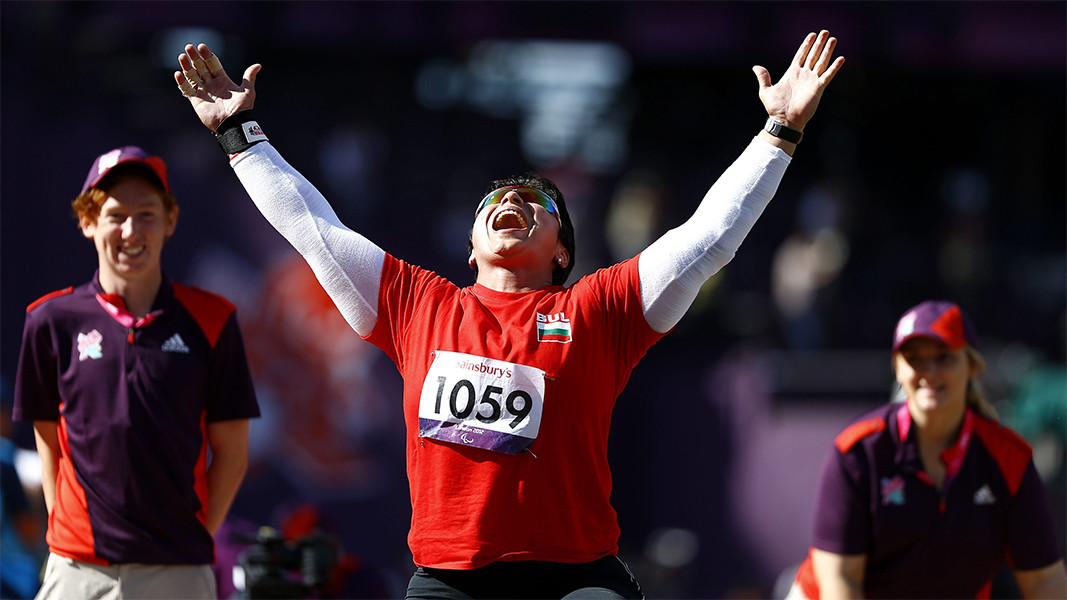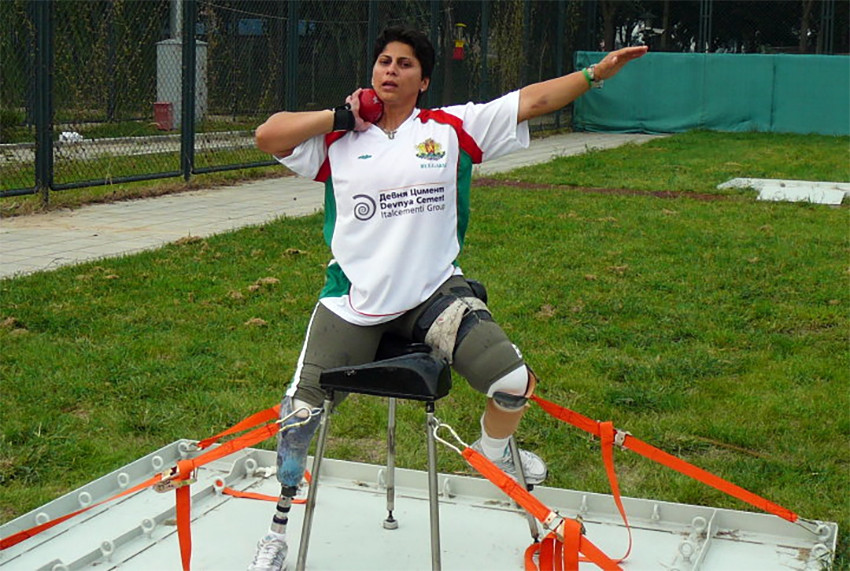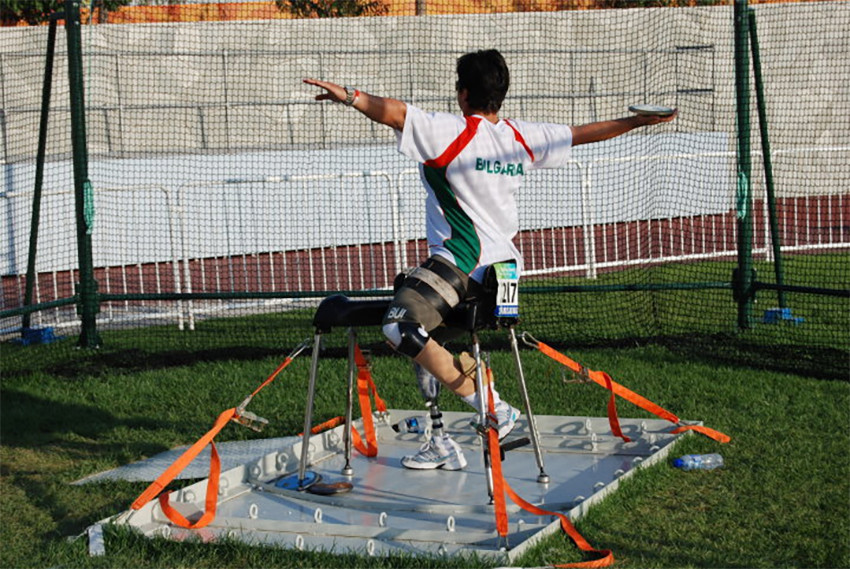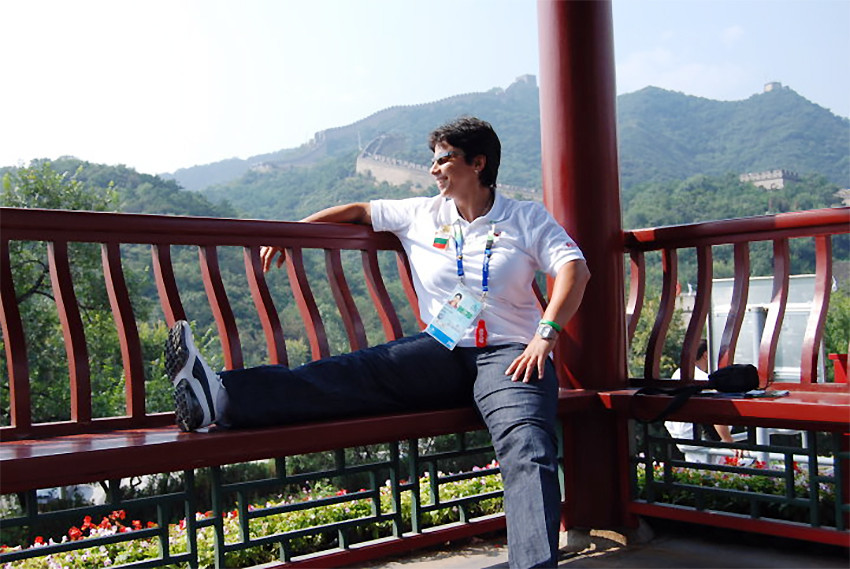



Vesela Lecheva is the new chairwoman of the Bulgarian Olympic Committee . At the general meeting of the organization, Lecheva, who is the chairwoman of the Bulgarian Shooting Union, prevailed over the long-time head of the Olympic movement in Bulgaria,..
The striker of the Greek club PAOK Kiril Despodov has been named Footballer No. 1 of Bulgaria for 2024 . He wins the award for the 4th consecutive time and 5th time in total. Despodov was honored for the first time in 2018, and in the last 4..
Ivan Vezyuv won gold in the 100-metre cross-country skiing event at the Special Olympics World Winter Games in Turin. In the same discipline, two other Bulgarian athletes made the podium in different divisions - Asya Todorova and Darina Bogdanova took..
The striker of the Greek club PAOK Kiril Despodov has been named Footballer No. 1 of Bulgaria for 2024 . He wins the award for the 4th consecutive time..
Vesela Lecheva is the new chairwoman of the Bulgarian Olympic Committee . At the general meeting of the organization, Lecheva, who is the chairwoman of..

+359 2 9336 661
